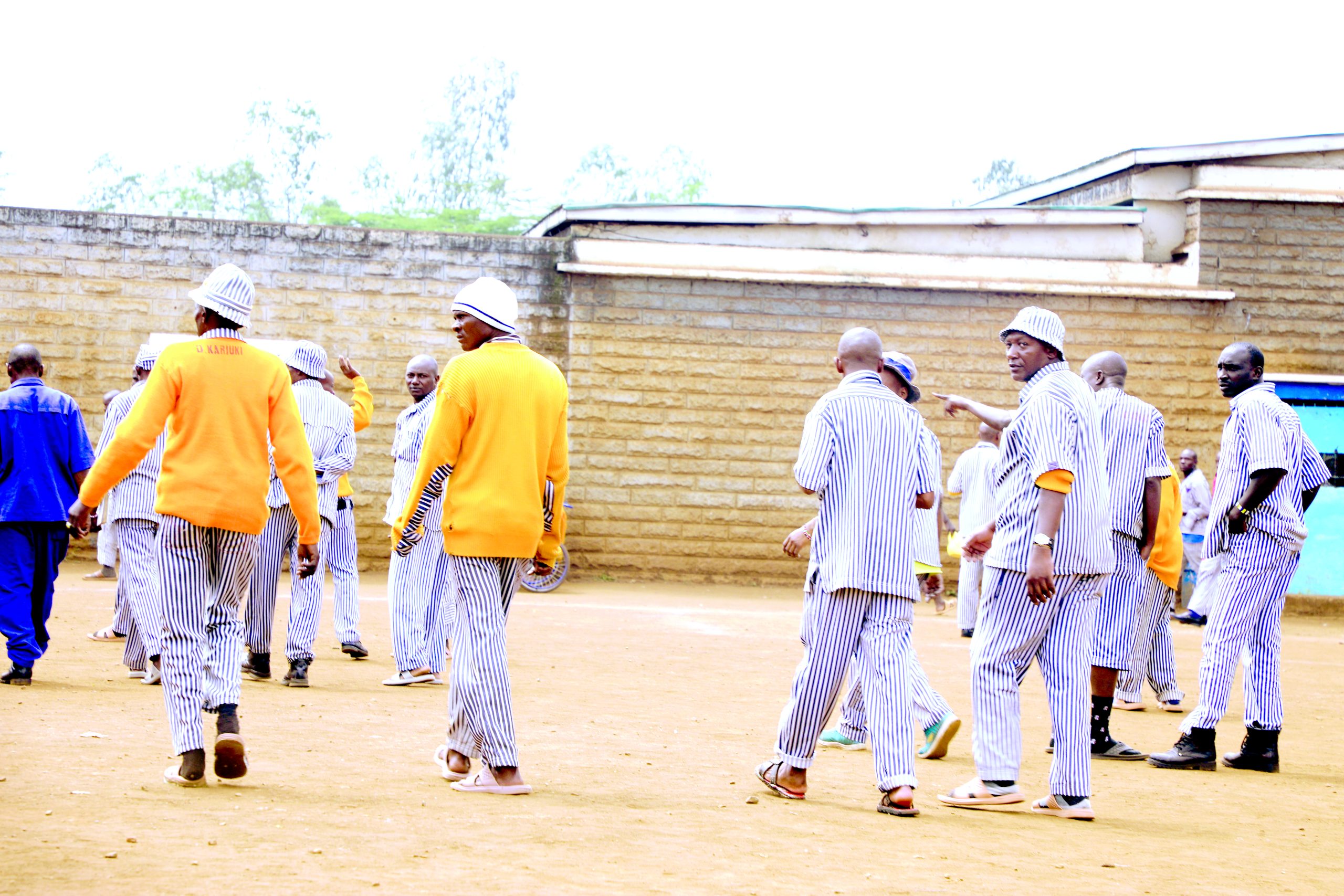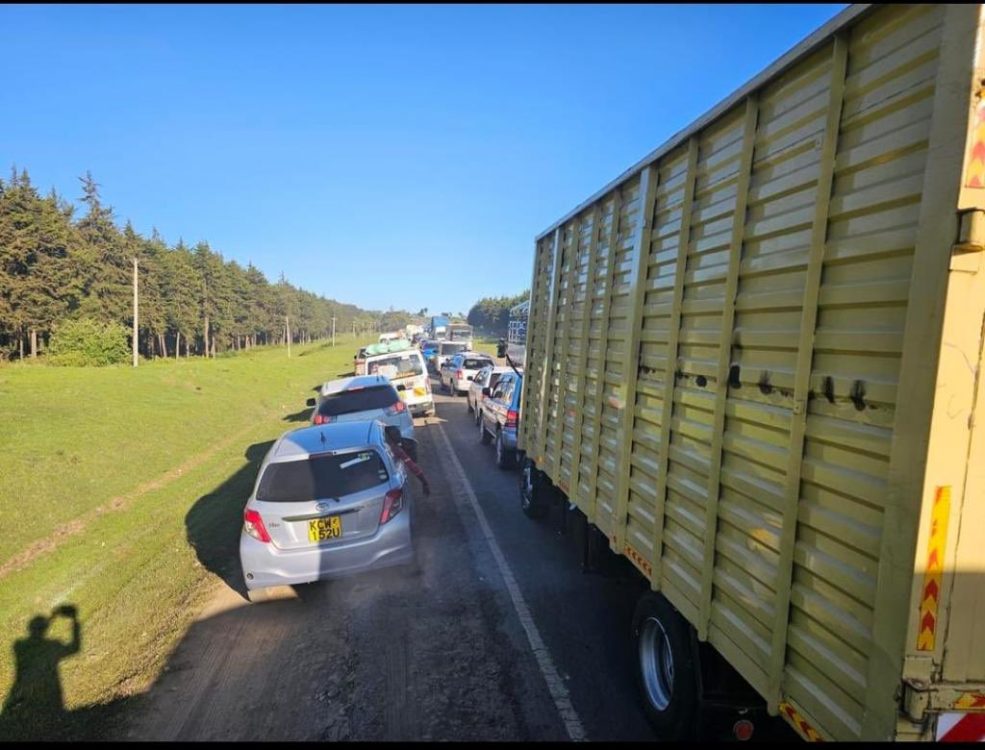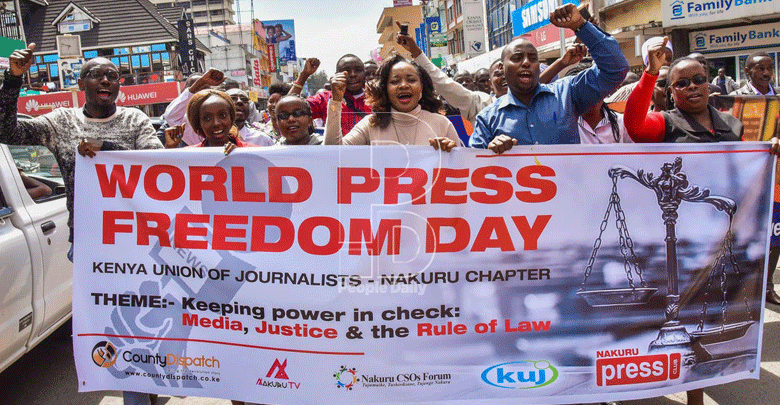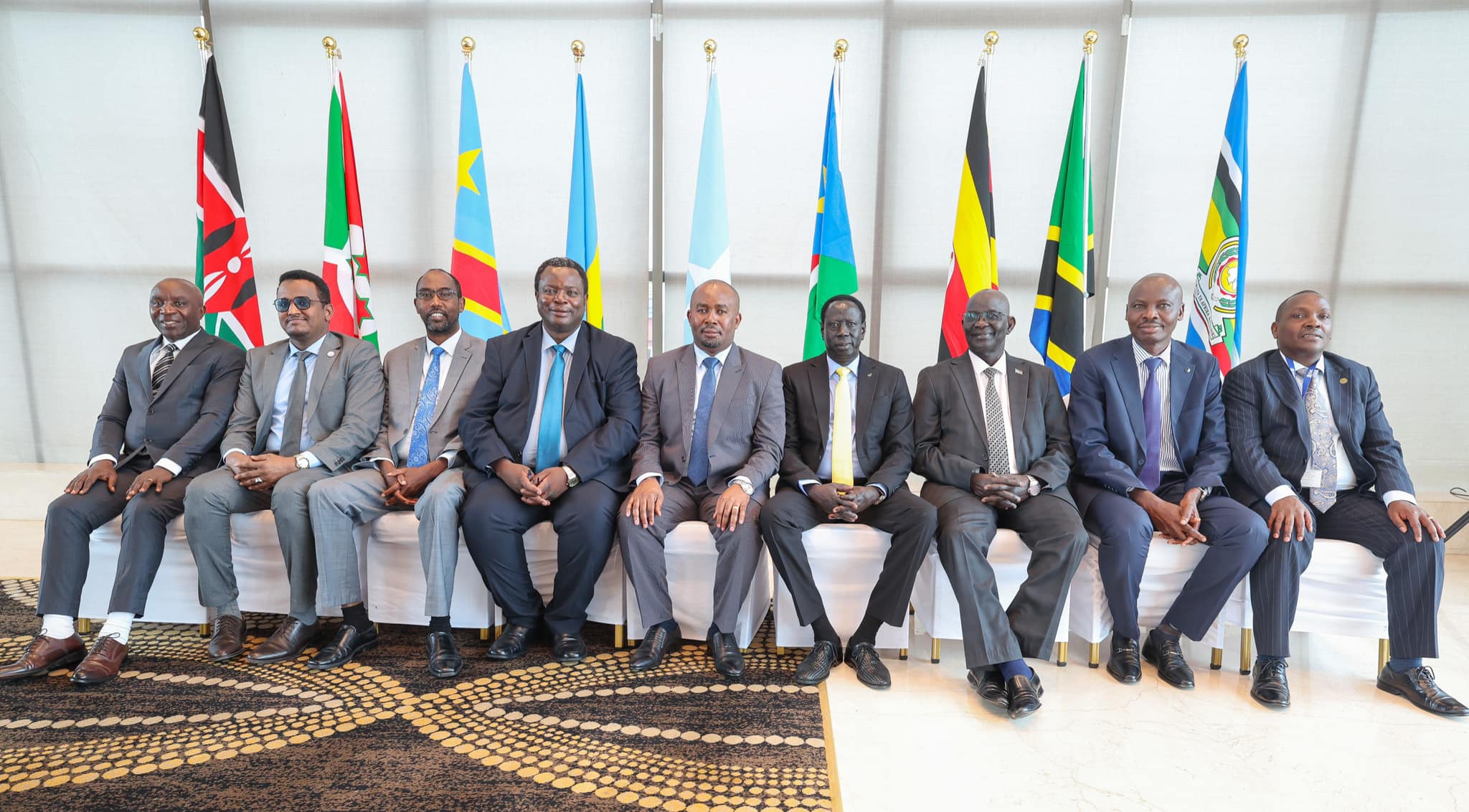Dark reality of labour migration to Mideast
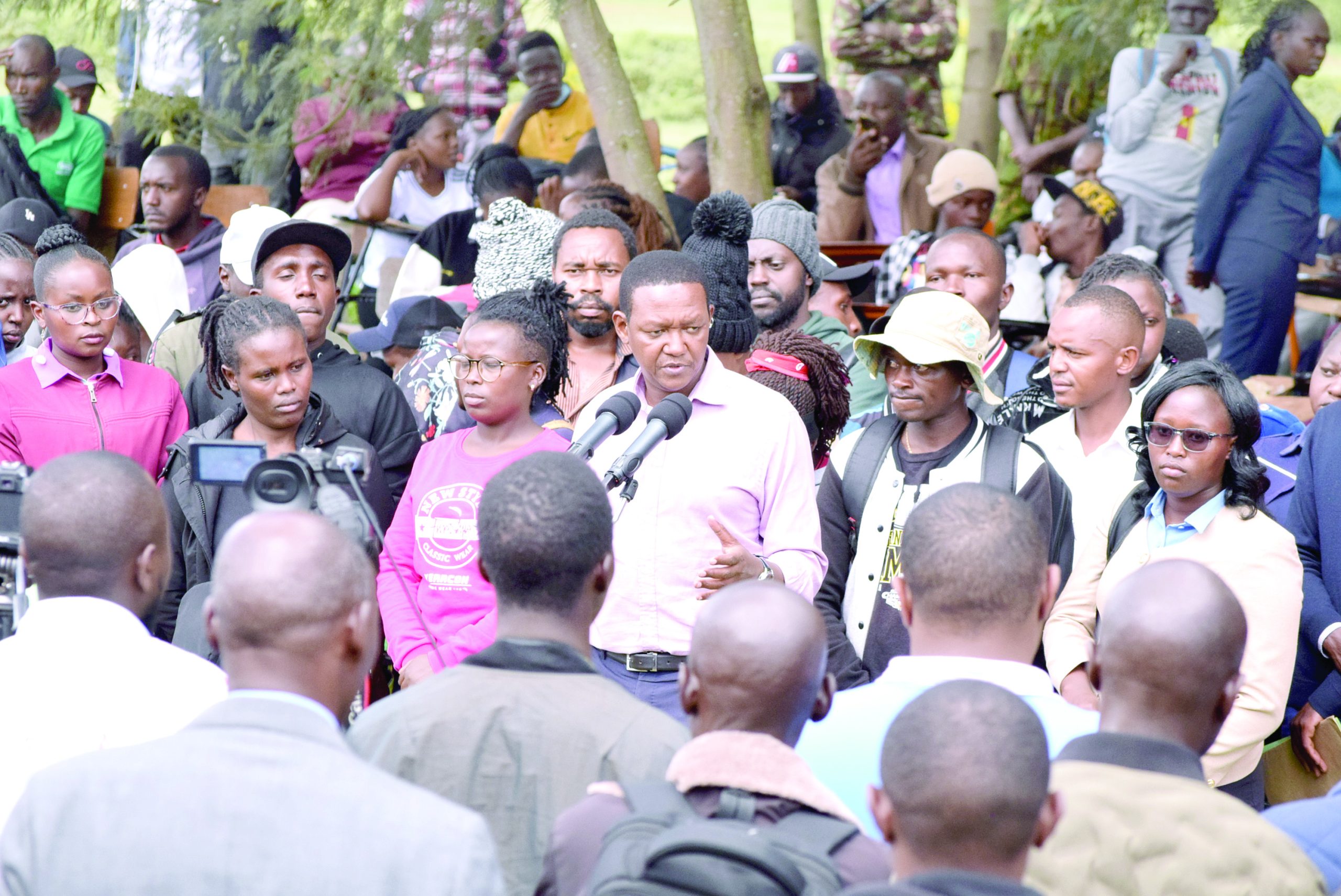
“Kenyan youth deserve opportunities at home, not passports to exploitation,” said lawyer Ahmednasir Abdullahi, shedding light on the grim reality for many migrant workers from Kenya and other African countries.
While the transatlantic slave trade forcibly took people from their homes, today’s migrant workers are lured by promises of a better life, only to find themselves trapped in a system of exploitation similar to the past. This modern-day system, embodied by the Kafala, robs workers of their freedom, dignity, and sometimes their lives.
Labour migration to the Middle East has become a common path for Millions seeking better opportunities from Africa, South Asia, and other regions leaving their homes each year with hopes of earning higher wages and supporting their families. The allure of wealth and better living standards is too strong to resist. However, the reality is often harsh, with workers subjected to physical abuse, unsafe working conditions, and exploitation by their employers.
The Kafala system, a sponsorship framework used in Gulf countries like Saudi Arabia, Qatar, and the UAE, is a primary cause of these abuses. Under this system, a migrant worker’s legal and residential status is tied to their employer, who controls their ability to work, live, and leave the country. This allows employers to confiscate workers’ passports, effectively trapping them with no means of escape. Many workers face forced labour, long hours, physical violence, and even sexual abuse, without any legal recourse.
In some cases, workers endure hunger, dehydration, and lack of healthcare, working long hours without rest. The system creates a power imbalance, with the employer holding all authority. Workers’ ability to seek help is severely limited, as they cannot leave or change employers without their sponsor’s consent.
The human cost of this system is devastating. Many families invest heavily in educating their children, believing they will prosper abroad. Tragically, these workers often return home in coffins—victims of violence, neglect, or abuse. These deaths are not just statistics—they are shattered dreams.
Despite criticism, reforms to the Kafala system have been slow. Countries like Qatar have attempted to remove the “No Objection Certificate” (NOC), which prevented workers from changing employers, but enforcement remains inconsistent. Many workers continue to face exploitation as employers find ways to bypass regulations.
Countries like the Philippines have taken a more proactive stance, imposing bans on sending workers to certain countries due to the risks involved. Kenya has also recognized the need to protect its citizens abroad, but existing measures remain inadequate.
Stronger enforcement of workers’ rights is essential to end exploitation.
International organizations such as the International Labour Organization (ILO) and Human Rights Watch have called for the abolition of the Kafala system. They argue that migrant workers should have the same rights as domestic workers, including fair wages, safe working conditions, and legal recourse. Legal protections must be strengthened to ensure migrant workers are treated with dignity.
To address the crisis, governments in sending and receiving countries must collaborate to create comprehensive reforms that prioritize migrant workers’ rights and well-being. Abolishing the Kafala system, providing workers with rights education, and ensuring legal assistance are critical steps. Only then can migration become an opportunity for prosperity, rather than exploitation.
While labour migration offers economic benefits through remittances, this must not come at the cost of human lives.
The tragic deaths, passport confiscations, and abuse under the Kafala system demand urgent attention. Until these issues are addressed, migrant workers will continue to suffer, and families will be left mourning the loss of loved ones instead of celebrating their success.
— He writer is a History Lecturer and UASU chapter Trustee at Alupe University, Kenya

